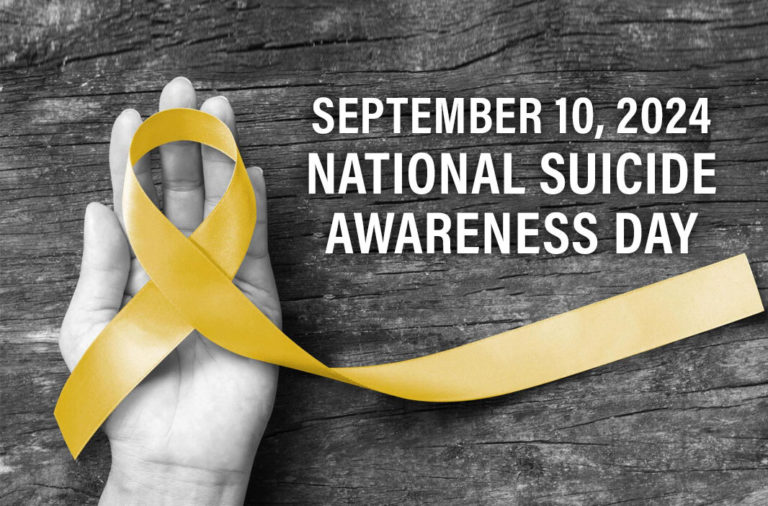Suicide Prevention Support
Today is World Suicide Prevention Day (WSPD), organized by the International Association for Suicide Prevention (IASP). The purpose of this day is to raise awareness around the globe that suicide can be prevented.
World Suicide Prevention Day reminds us that every life matters. Even the smallest act of support can have a life-changing impact
Suicide is one of the leading causes of death worldwide — and yet it remains a deeply misunderstood and stigmatized topic. At EFT Cyprus, we believe that education, open dialogue, and emotional connection can save lives.
Understanding the truth behind common suicide myths and knowing how to respond when someone is struggling can make all the difference. If you are concerned about yourself or someone you care about, we hope you will find the strength to ask for help; you are not alone!
Myths vs. Truths: What You Need to Know About Suicide
Take every mention of suicide of seriously!! Even the ones that sound like “a joke”!
Myth #1: “People who talk about suicide won’t actually do it”
Truth: Talking about suicide is often a plea for help. Most people who consider suicide do show warning signs, like expressing hopelessness, isolation, or feeling like a burden.
Starting the conversation can save a life.
Myth #2: “Asking someone about suicide will make them do it”
Truth: This is a dangerous myth. Asking someone if they’re thinking about suicide does not increase the risk — it can actually reduce it by opening the door to support.
With the right support, pain can be processed, and hope can be restored.
Myth #3: “People who feel suicidal want to die”
Truth: Most people who feel suicidal want to end the emotional pain that feels unbearable.
Ongoing support is essential.
Myth #4: “Once someone seems better, the danger is over”
Truth: A sudden improvement in mood after a suicidal crisis can be misleading. Sometimes, it means the person has made a plan. Follow up with the person and ask the question clearly “are you thinking about killing yourself?”
How to Start the Conversation with someone who might be suicidal?
If you’re worried about someone, don’t stay silent. Starting the conversation might feel uncomfortable, but your courage could make the difference between life and death.
Start by expressing genuine concern
“I’ve noticed you’ve seemed really down lately, and I’m worried about you.”
Ask gently but directly and clearly:
“Are you thinking about hurting yourself?”
“Have you been feeling like you don’t want to go on?”
“Are you thinking about suicide?”
Remember: Be calm. Show that you’re listening. Let them talk.
Say things like:
“You’re not alone — I’m here for you.”
“It’s okay to feel like this. Let’s find help together.”
“You don’t have to go through this by yourself.”
Listen without judgment
Let them talk freely. Avoid dismissive phrases like “don’t be silly” or “others have it worse.”
Remember: What the person may need is connection, not correction, not ideas about fixing it all!
Stay with them if there’s immediate danger
Don’t leave them alone. Contact emergency services or mental health professionals right away.
Follow up
Even after the crisis has passed, keep checking in. Ongoing connection can reduce future risk.
Encourage professional support
Suicidal thoughts are serious and require qualified help.
Emergency Contacts in Cyprus
If you or someone you know is in immediate danger, please contact:
Emergency Services: 112- Cyprus
Suicide Prevention and Emotion-Focused Therapy
At EFT Cyprus, we understand that suicidal thoughts are often rooted in deep emotional pain, unresolved grief, shame, or chronic hopelessness. Some of our professionals have specialised ASSIST suicide prevention training – ask us for more info.
At our centre, each of our professionals offers compassionate, evidence-based support
-
- Help individuals create a safe space for healing.
-
- Understand the emotions beneath suicidal thoughts
-
- Process and transform pain into emotional clarity
-
- Reconnect with self-worth, meaning, and hope
Helpful Resources & Recommended Reading
Mental Health Services in Cyprus – Ministry of Health
Reasons to Stay Alive – Matt Haig
The Noonday Demon: An Atlas of Depression – Andrew Solomon
Lost Connections – Johann Hari


